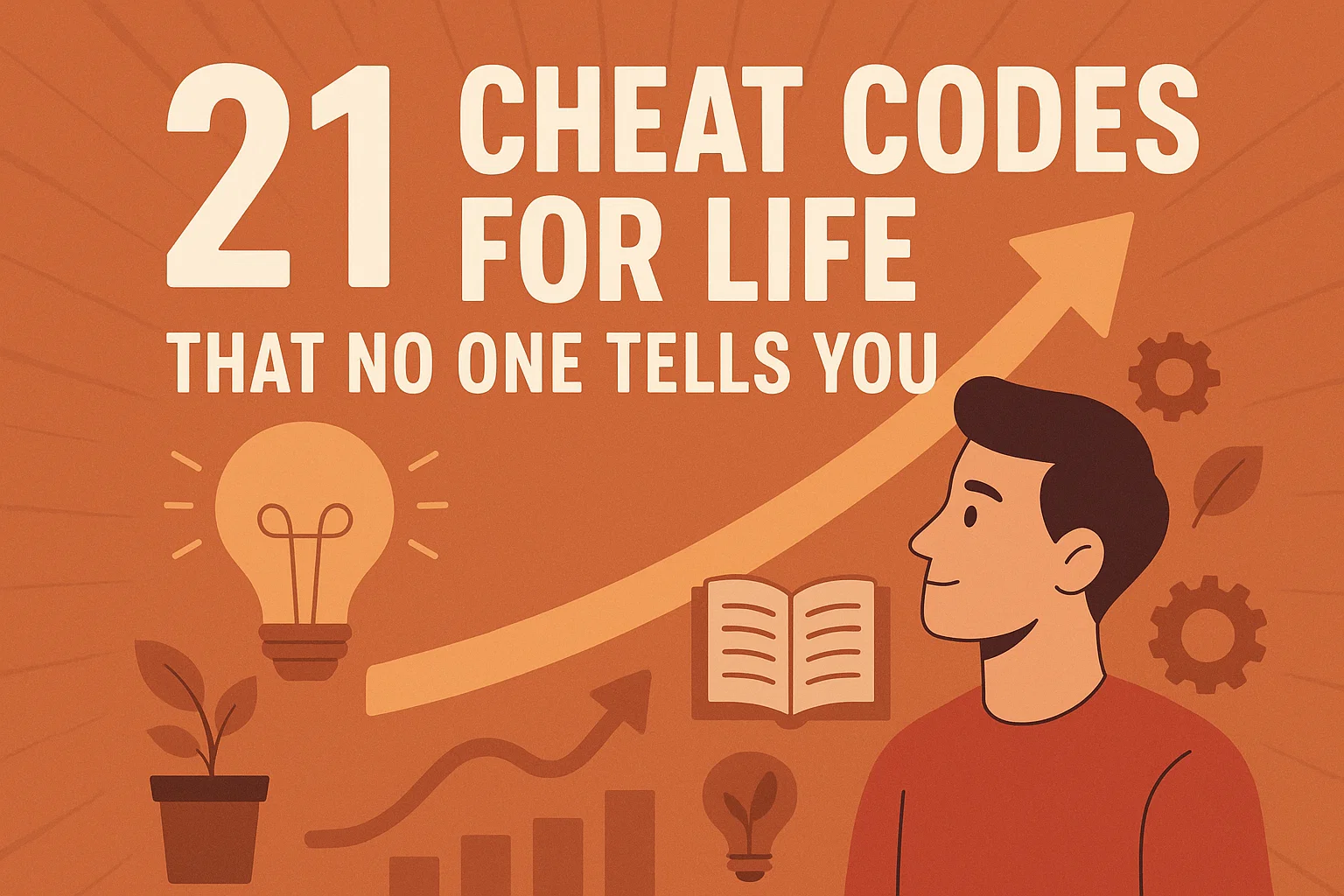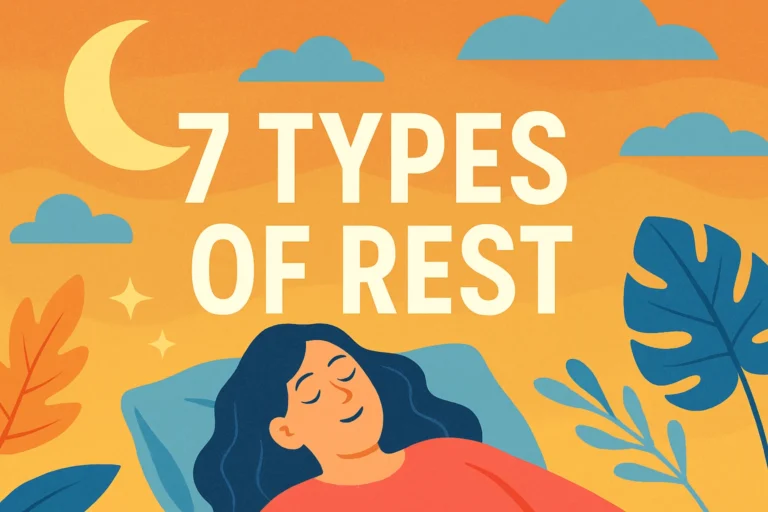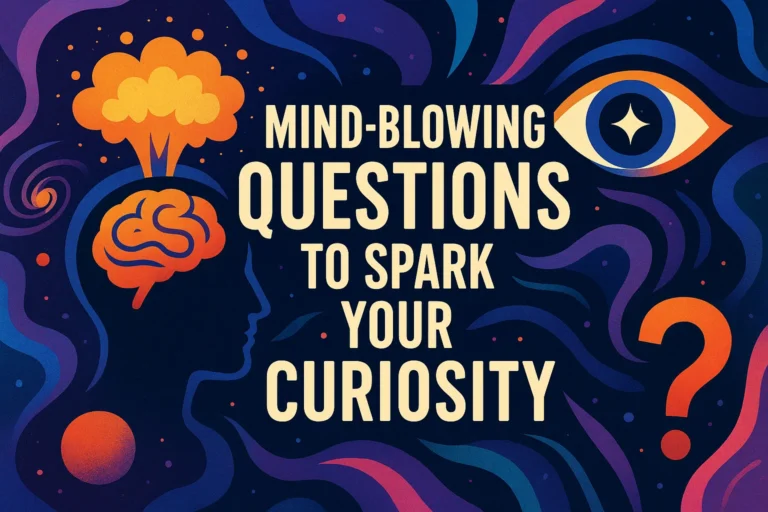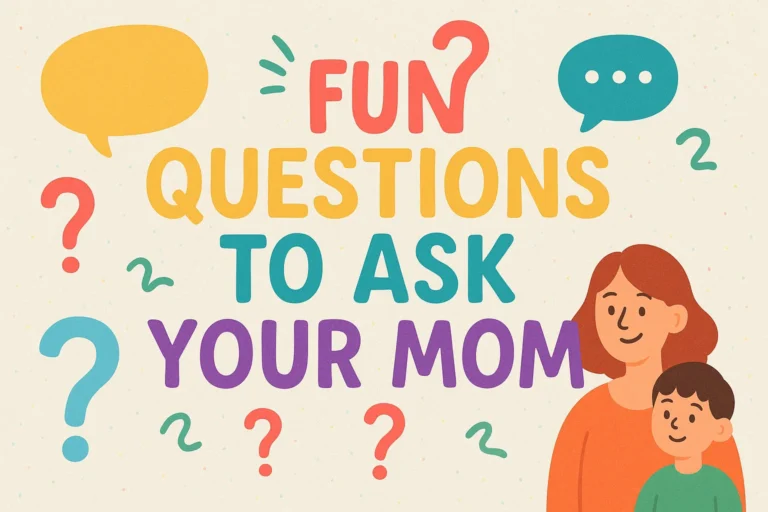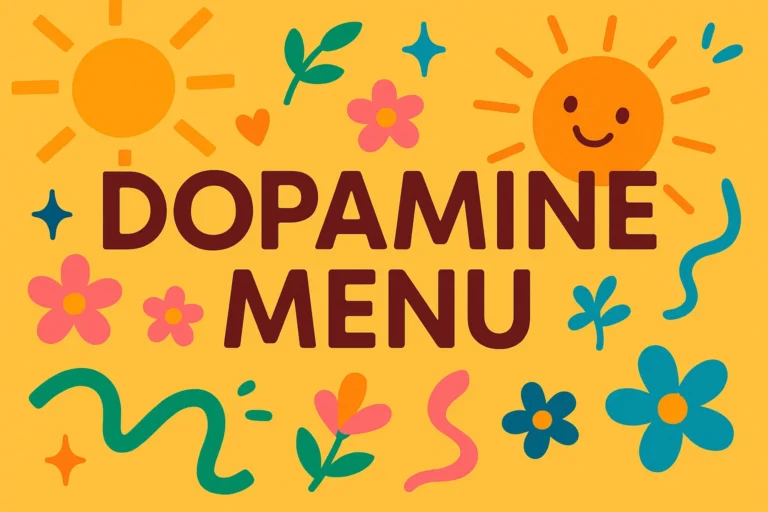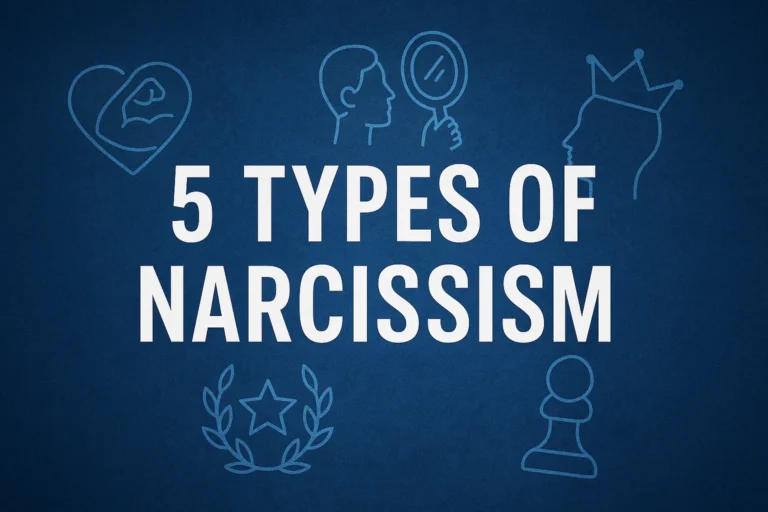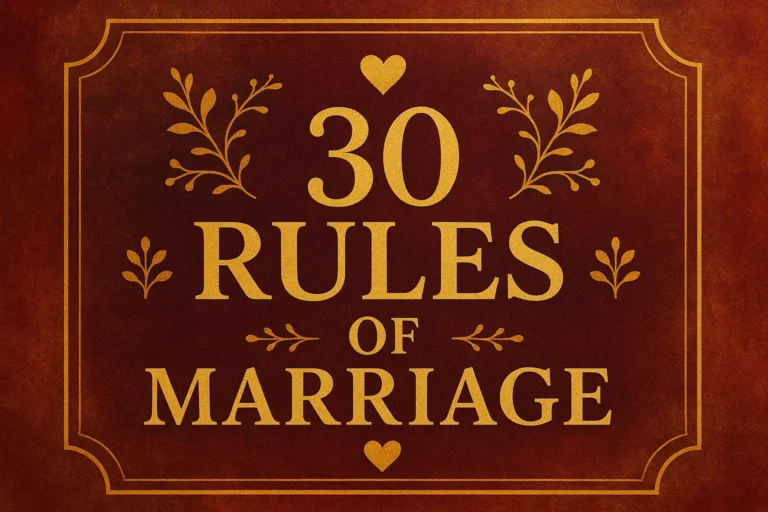21 Psychology Skills Cheat Codes for Life Unlock Your Potential for Personal Growth
21 Psychology Skills Cheat Codes for Life: Unlock Your Potential for Personal Growth
Alright, let’s have a real talk. Ever feel like everyone else got a secret manual for life that you missed? Like there’s some hidden setting for confidence, happiness, and getting your act together that you just can’t find?
Yeah, me too.
Turns out, that manual does exist. It’s not a physical book; it’s a set of psychological skills. These aren’t abstract theories you need a PhD to understand. They’re practical, evidence-based cheat codes you can use to rewire your brain, hack your habits, and seriously upgrade your experience of, well, everything.
Consider this your friendly, no-BS guide to the good stuff. I’ve geeked out over this for years, testing what works and ditching what doesn’t. So, grab a coffee, get comfortable, and let’s unlock your potential. IMO, this is way more fun than it has any right to be.
The Mindset Shift Cheat Codes
First things first, we gotta get your head in the game. Your mindset is the operating system for your life. Time for an update.
Your Brain is Not Your Boss
We all have an internal narrator. Mine used to sound like a cynical sports commentator, highlighting every mistake. The key is to realize that voice is not the truth; it’s just a thought. And thoughts can be questioned.
Ever noticed how you can have a thought like “I’m terrible at this” and just accept it as fact? The cheat code is cognitive defusion. Instead of buying every thought your brain sells you, you learn to step back and say, “Ah, interesting. My brain is offering me the ‘I’m terrible at this’ story again.” This creates space. You’re not your thoughts; you’re the one observing them. Game changer.
Embrace the “Good Enough”
Perfectionism isn’t a virtue; it’s a prison. It paralyzes you before you even start because the fear of not being perfect is overwhelming. The antidote? Satisficing. It’s a decision-making strategy where you choose the option that is “good enough” rather than obsessing over finding the perfect, optimal choice.
Does this mean you should do shoddy work? Absolutely not. It means you ship the project, you send the email, you start the workout, even if conditions aren’t 100% ideal. Done is better than perfect. Every. Single. Time. It breaks the cycle of procrastination and overthinking.
Cultivate a Growth Mindset
Psychologist Carol Dweck nailed this one. A fixed mindset believes your abilities are carved in stone. A growth mindset believes they can be developed. Think about it: if you believe you’re “just bad” at public speaking, you’ll avoid it. If you believe you can get better at it with practice, you’ll seek opportunities.
This isn’t just fluffy encouragement. It literally changes how your brain responds to challenges. Failure isn’t a verdict; it’s data. So, the next time you mess up, ask yourself: “What can I learn from this?” instead of “What’s wrong with me?”
The Social & Connection Cheat Codes
Humans are social creatures, even the introverts among us (hello, fellow introverts!). These cheats make those interactions smoother and more rewarding.
Master the Art of Active Listening
Most of us don’t listen to understand; we listen to reply. We’re just waiting for our turn to talk. Active listening is the superpower of making people feel truly heard and valued. It’s simple but not easy:
- Give them your full attention. Put the phone down. I mean it. 🙂
- Use minimal encouragers. Nod. Say “uh-huh,” “I see,” “tell me more.”
- Reflect and paraphrase. “So, what I’m hearing is that you felt frustrated when the meeting was cancelled without notice. Is that right?”
This isn’t about being a therapist. It’s about connecting. People will remember how you made them feel, and nothing makes a person feel better than being genuinely listened to.
Understand the Liking Principle
We’re more likely to say yes to, cooperate with, and help people we like. How do you become more likable? It’s not about being the funniest or most charismatic person in the room. Robert Cialdini’s research points to simple things:
- Similarity: Find common ground. “You like that band too? Amazing!”
- Compliments: Offer genuine, specific praise. Not flattery.
- Cooperation: Work towards a common goal.
- Familiarity and Contact: Simply being around people more often (in a non-stalkerish way!) increases liking.
Use this for good, not for evil. It’s about building authentic rapport, not manipulation.
Set Boundaries Like a Pro
“No” is a complete sentence. Yet, so many of us struggle with it. We say yes to things we don’t want to do, then feel resentful and burnt out. Setting a boundary isn’t about being rude; it’s about being clear and respectful—to yourself and others.
The cheat code formula is simple: ”I feel [emotion] when [situation]. I need [request].” For example: “I feel overwhelmed when I’m asked to take on last-minute projects without a discussion. I need any new requests to come through the team task board so I can properly manage my priorities.”
It’s not personal. It’s practical. And it will save your sanity.
The Habit & Productivity Cheat Codes
This is where the rubber meets the road. Turning intention into action is the whole point, right?
Hack the Habit Loop
Charles Duhigg’s Habit Loop model is a legit cheat code for building good habits and breaking bad ones. Every habit has three parts:
- Cue: The trigger that starts the habit (e.g., feeling stressed).
- Routine: The behavior itself (e.g., scrolling on your phone).
- Reward: The benefit you get from the behavior (e.g., a distraction from stress).
To change a habit, you can’t just erase it. You have to keep the same cue and reward, but insert a new, better routine. Feeling stressed (cue)? Instead of scrolling (old routine), do five push-ups or step outside for one minute (new routine). You still get the reward (a distraction), but you’ve swapped a negative habit for a positive one.
Use Implementation Intentions
Relying on motivation is a terrible strategy. Motivation is fickle. Instead, use an implementation intention. This is just a fancy term for an “if-then” plan.
Don’t just say “I’ll exercise more.” That’s useless. Say, “If it is 7:00 AM on a Monday, Wednesday, or Friday, then I will put on my running shoes and run for 20 minutes.”
You’re pre-programming your decision. When the “if” happens, the “then” follows automatically, bypassing the internal debate. It feels like magic.
The Two-Minute Rule to Beat Procrastination
Procrastination is often about the initial hurdle. A task feels so big and daunting that even starting feels painful. The cheat code? The Two-Minute Rule from David Allen’s Getting Things Done methodology.
If a task will take less than two minutes, do it now. Reply to that email. Hang up your coat. Wash that one dish.
For bigger tasks? Just start the first two minutes. “Write report” is terrifying. “Open document and write the title” is a two-minute task. The magic is that starting almost always leads to continuing. You build momentum from a tiny, frictionless action.
The Emotional Regulation Cheat Codes
You’re not going to feel happy and motivated all the time. The goal isn’t to eliminate “bad” feelings; it’s to navigate them skillfully so they don’t run your life.
Name It to Tame It
Neuroscience shows that when you feel a strong, overwhelming emotion, simply labeling it can reduce its intensity. This is called affect labeling.
When you feel that surge of anxiety, instead of getting swept away by it, pause and literally say to yourself (in your head or out loud), “I am feeling anxiety.” Or “This is anger.” It sounds almost too simple, but it activates the prefrontal cortex (the rational part of your brain) and calms the amygdala (the fear center). You’re not the emotion; you’re the one noticing it.
Practice the 5-4-3-2-1 Grounding Technique
When you’re spiraling into anxiety about the future or ruminating on the past, you’ve left the present moment. Your body is right here, but your mind is somewhere else. This technique yanks you back to the now by forcing you to use your senses.
Look around and silently name:
* 5 things you can see.
* 4 things you can feel (your feet in your shoes, the desk under your fingers).
* 3 things you can hear.
* 2 things you can smell.
* 1 thing you can taste.
It’s an instant reset button for a panicky or overwhelmed mind. FYI, I use this one all the time.
Reframe Your Nervousness as Excitement
Your body’s physiological response to anxiety (increased heart rate, butterflies, sweating) is almost identical to its response to excitement. The difference is the story you tell yourself.
The next time you feel nervous before a presentation, a date, or a big event, don’t try to calm down. Instead, tell yourself, “I am excited.” Say it out loud. “I’m so excited for this opportunity!” This cognitive reappraisal tricks your brain into interpreting the physical signals as positive energy ready to be used, not as fear to be suppressed.
The Self-Awareness & Growth Cheat Codes
This is the meta-game. The cheats that help you improve all your other cheats.
Conduct Weekly Reviews
You don’t know where you’re going if you don’t know where you are. A weekly review is a non-negotiable cheat code for intentional living. It doesn’t have to be long. Just ask yourself three questions:
- What went well this week?
- What did I learn?
- What could I do differently next week?
That’s it. This five-minute ritual creates a powerful feedback loop for your own life, ensuring you’re learning and adjusting course instead of just repeating the same patterns on autopilot.
Define Your Values
If you don’t know what’s important to you, you’ll end up living by someone else’s priorities. Your values are your internal compass. They answer the question: “What do I want to stand for?”
Is it creativity? Integrity? Adventure? Connection? Getting clear on your top 3-5 values makes decision-making infinitely easier. Does this opportunity align with my value of growth? Does saying ‘yes’ to this social event honor my value of rest? Decisions become less about “should I?” and more about “does this align?”
Practice Self-Compassion
This might be the ultimate cheat code. We are often our own worst critics. Self-compassion, a concept developed by Kristin Neff, is about treating yourself with the same kindness you’d offer a good friend who’s struggling.
It has three parts:
1. Self-Kindness: Being warm and understanding toward yourself when you suffer, fail, or feel inadequate.
2. Common Humanity: Recognizing that suffering and personal inadequacy are part of the shared human experience.
3. Mindfulness: Holding your painful thoughts and feelings in balanced awareness without over-identifying with them.
Instead of beating yourself up with “I’m such an idiot for messing up,” try, “Wow, this is really hard right now. It’s okay to make mistakes; everyone does. What do I need to do to take care of myself?” This shifts you from a cycle of shame to a place of supportive growth.
So, there you have it. 21 cheat codes straight from the psychology playbook. You don’t have to try them all at once. Pick one or two that really resonated with you and play with them this week. See what happens.
Remember, this isn’t about becoming a perfect, optimized robot. It’s about having more tools in your toolbox to build a life that feels good to you. A little more ease, a little less struggle, and a lot more understanding of the wonderfully weird computer between your ears.
Now go out there and unlock something. You’ve totally got this.

